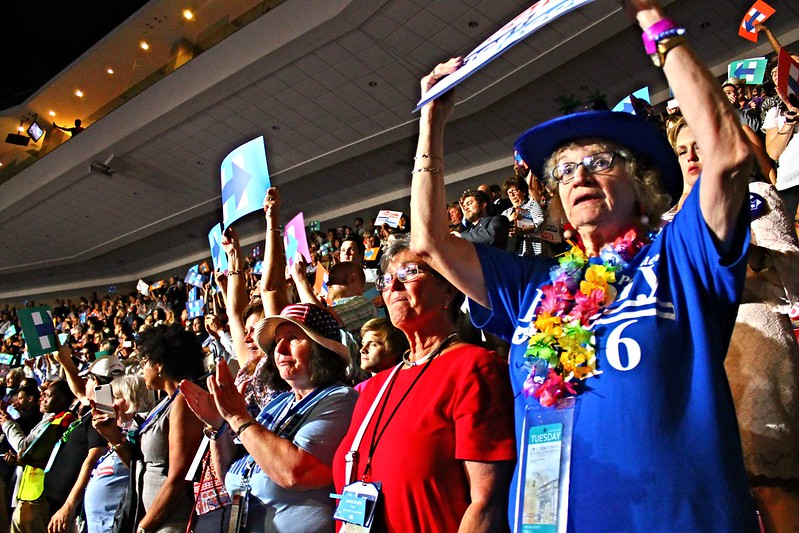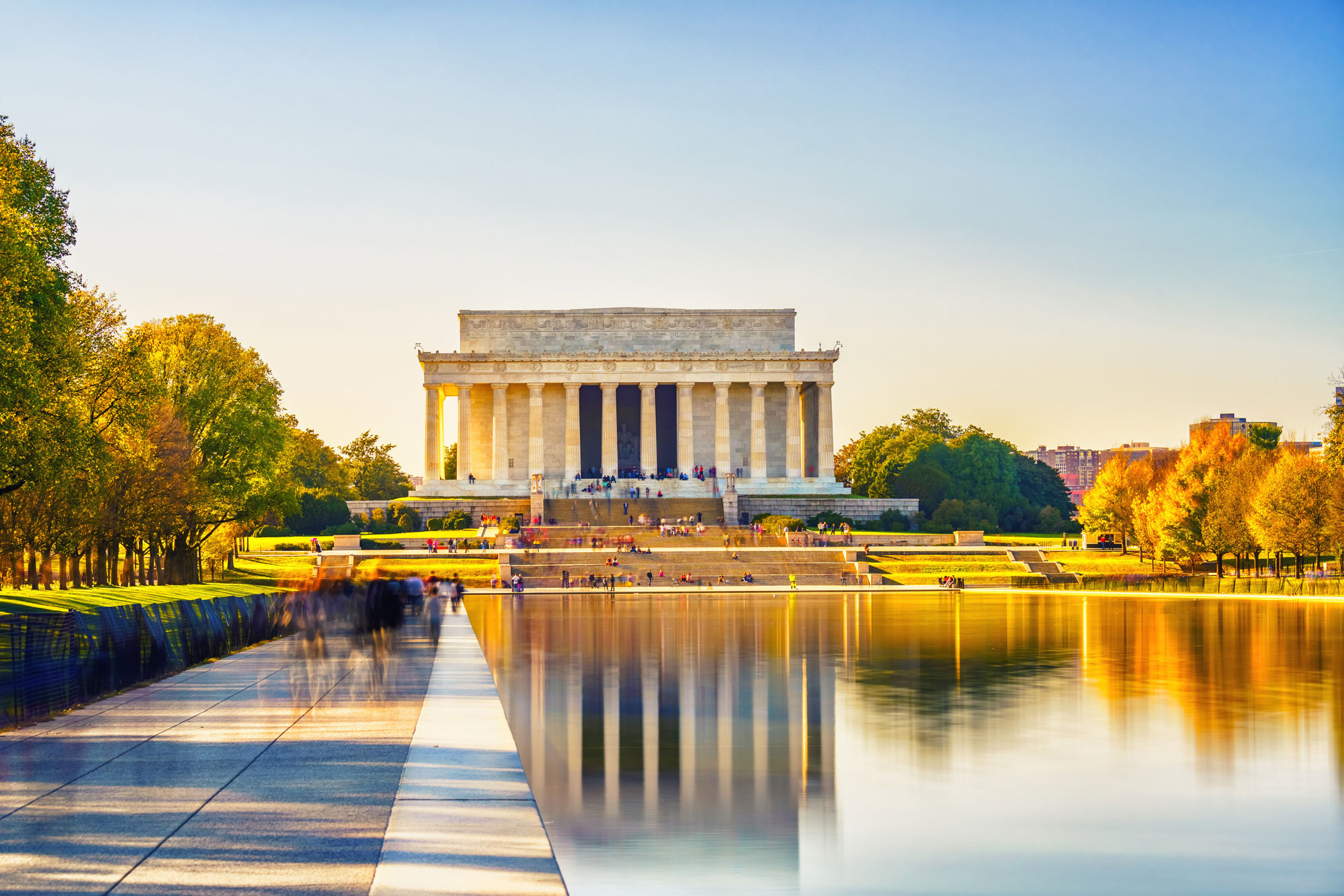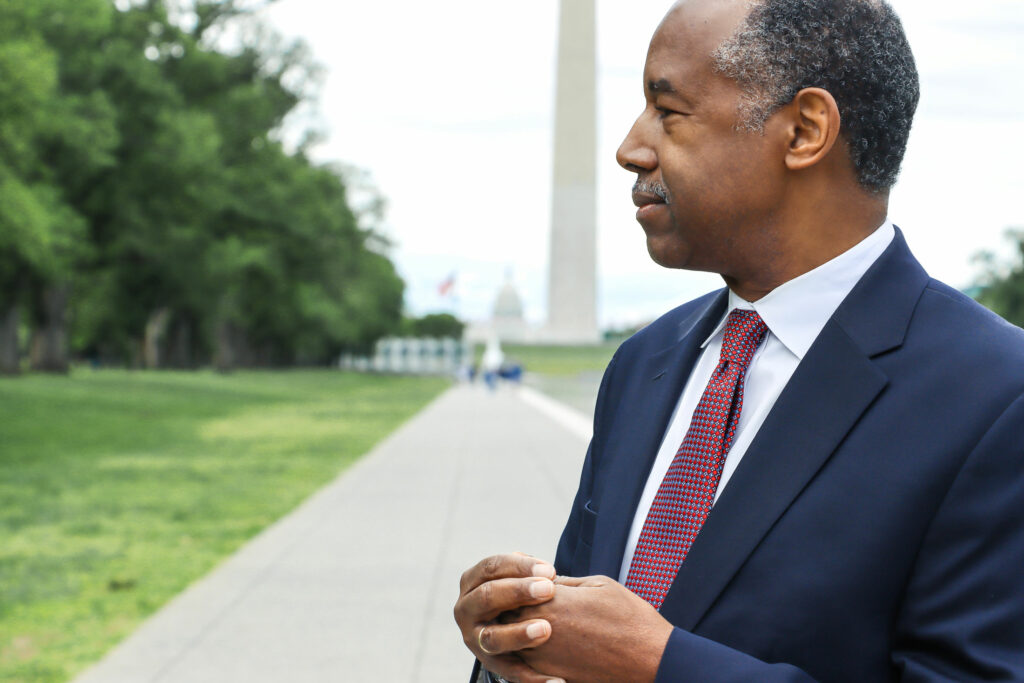 Convention Delegates are usually “background actors” and political “extras” who are there to wear a donkey or elephant hat, wave the flag, and sing along to patriotic songs. In the modern age, the party nominee by the time of the convention is usually a foregone conclusion. Although their real functional purpose has been lost in the sands of time and made for TV conventions, these delegates still serve an important purpose, such as when a presidential candidate drops out of the race a month before the convention.
Convention Delegates are usually “background actors” and political “extras” who are there to wear a donkey or elephant hat, wave the flag, and sing along to patriotic songs. In the modern age, the party nominee by the time of the convention is usually a foregone conclusion. Although their real functional purpose has been lost in the sands of time and made for TV conventions, these delegates still serve an important purpose, such as when a presidential candidate drops out of the race a month before the convention. Every four years, the Democratic National Committee’s (DNC) rules and bylaws committee meets to set the party’s presidential nominee’s nominating process. These rules have largely not changed in recent times except for a few important quirks, and it is important to understand the nominating process and procedures behind how the party goes about this important function.
Typically, states hold their various primaries or caucuses along party lines to determine the share of delegates that go to each candidate. These are referred to as pledged delegates. Those delegates attend the respective party conventions as representatives for their state based on the candidate who won the largest vote share in the state. The DNC rules for pledged delegates (voted in by the primaries) state that “Delegates elected to the national convention pledged to a presidential candidate shall in all good conscience reflect the sentiments of those who elected them.” However, there are only 14 states that have laws on the books mandating the number of ballots a pledged delegate is bound to a candidate, meaning that even many “pledged delegates” have leeway in casting their ballot.
At the DNC, a candidate must receive the majority of all pledged delegates (1,976) on the first ballot to clinch the nomination. If the majority is not reached, the convention moves to a second ballot where, “superdelegates” come into the equation. Superdelegates are “party leaders and elected officials” who are free to support any candidate for the presidential nomination.
After a contentious 2016 Democratic National Convention, superdelegates became a major focus point. This caused the DNC to change the rules around super delegates, reducing the total amount and forcing their vote to be reserved for a second ballot. Currently, there are 739 superdelegates, which make up around 15% of the total amount of delegates.
Should the convention move to a second round of voting, the candidate must receive a majority of ALL delegates (2,258).
This year’s DNC was shaping up to be relatively straightforward, with President Joe Biden securing 3,896 delegates, far exceeding the threshold for any convention drama (especially when the closest candidate behind him, Dean Phillips, had 4 total delegates).
That is, until Biden dropped out of the race, and his delegates became unbound.
The DNC is moving forward with a “virtual process” that will determine the party’s nominee by August 7. Candidates will need to declare their interest in becoming the Democratic Party’s nominee for president by filing a formal declaration of candidacy, meeting party and legal qualifications to be president, and gathering at least 300 delegate signatures, with no more than 50 from a single state.
Per the DNC Convention Rules Committee, “the Democratic Party is prepared to shift the nominating portion of the Convention to an electronic format to ensure that our Democratic nominees for President and Vice President are certified before state ballot access deadlines.”
Kamala Harris pounced into action and became the only candidate to file for the DNC’s virtual process and has already secured support from well more than the 1,976 pledged delegates she’ll need to win the nomination on the first ballot, thanks in large part to an endorsement from President Biden.
Thus, the TV spectacle convention moved on, a new nominee was put into place basically overnight, and the will of the voters was suppressed by DNC delegate tactics. For all the talk about “democracy” being on the line, it appears that at least one party will appoint a nominee who did not receive a single vote in the presidential primary.

